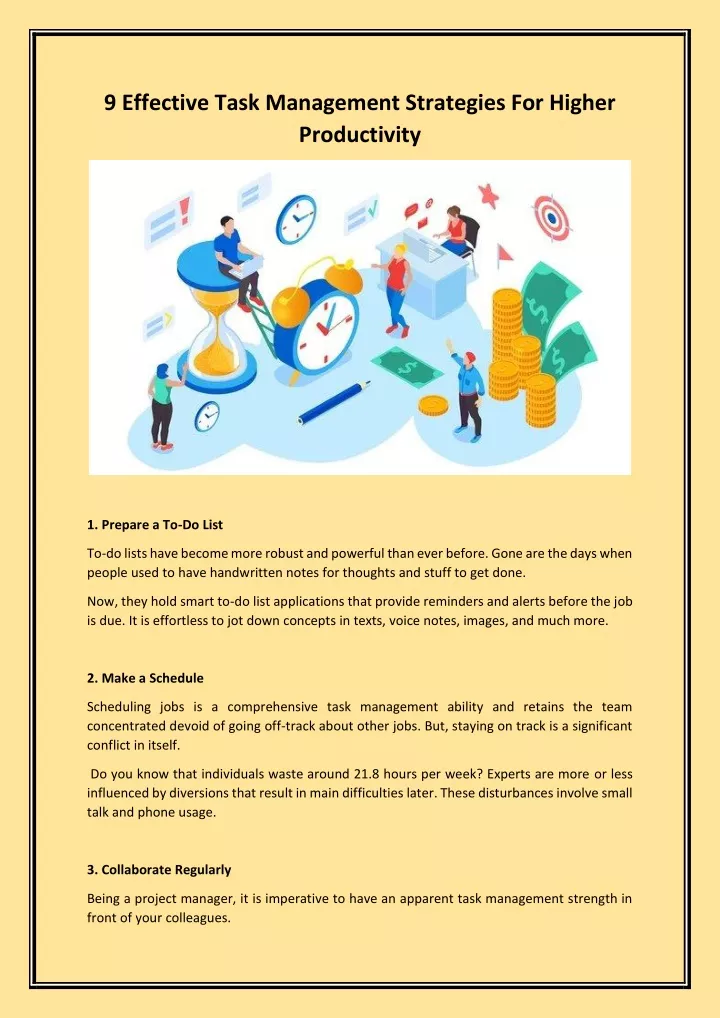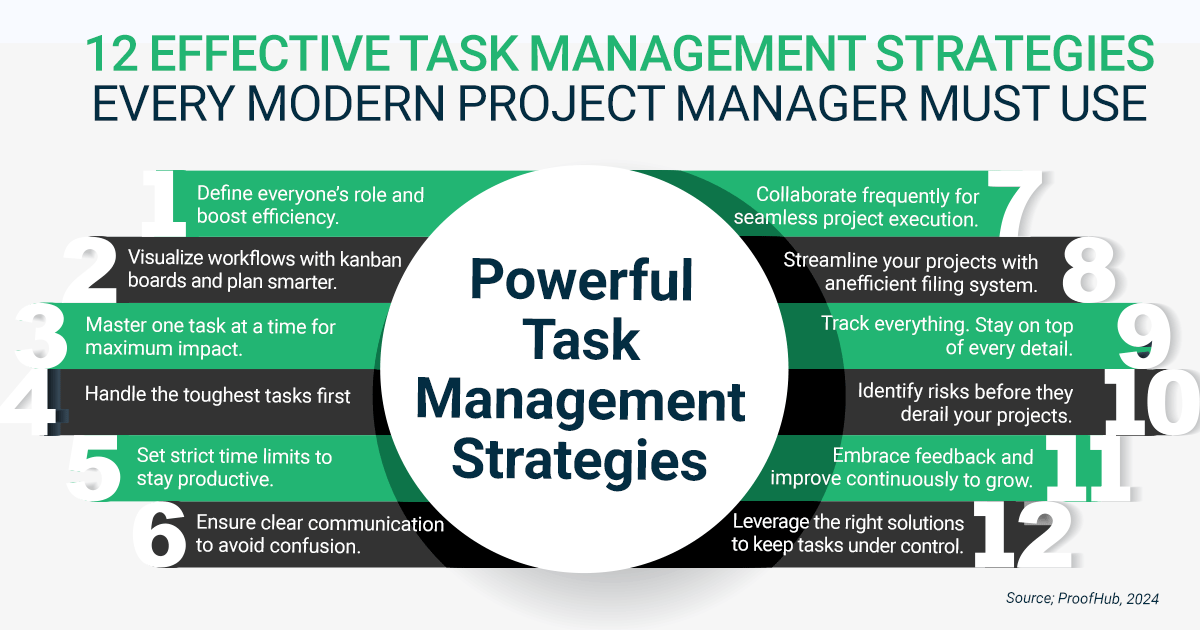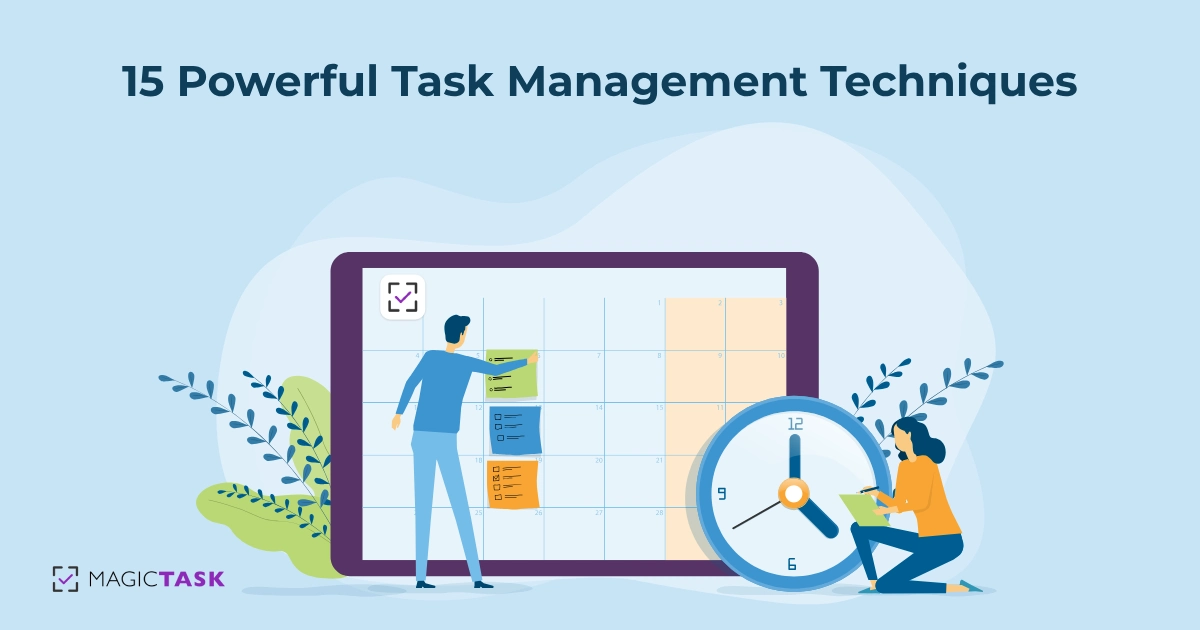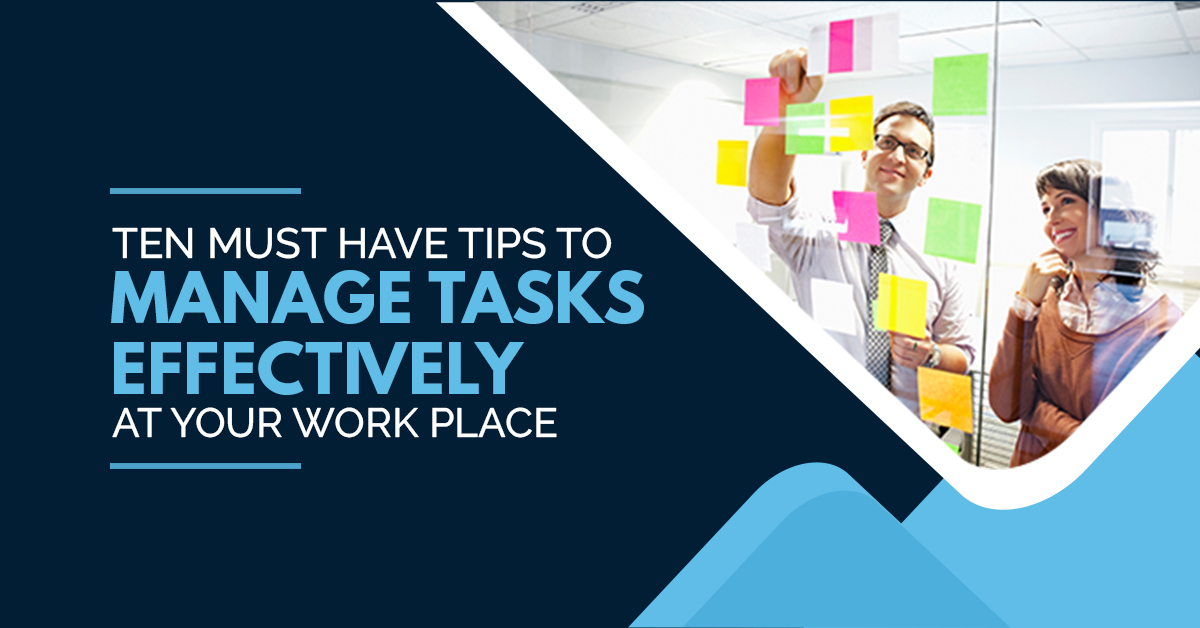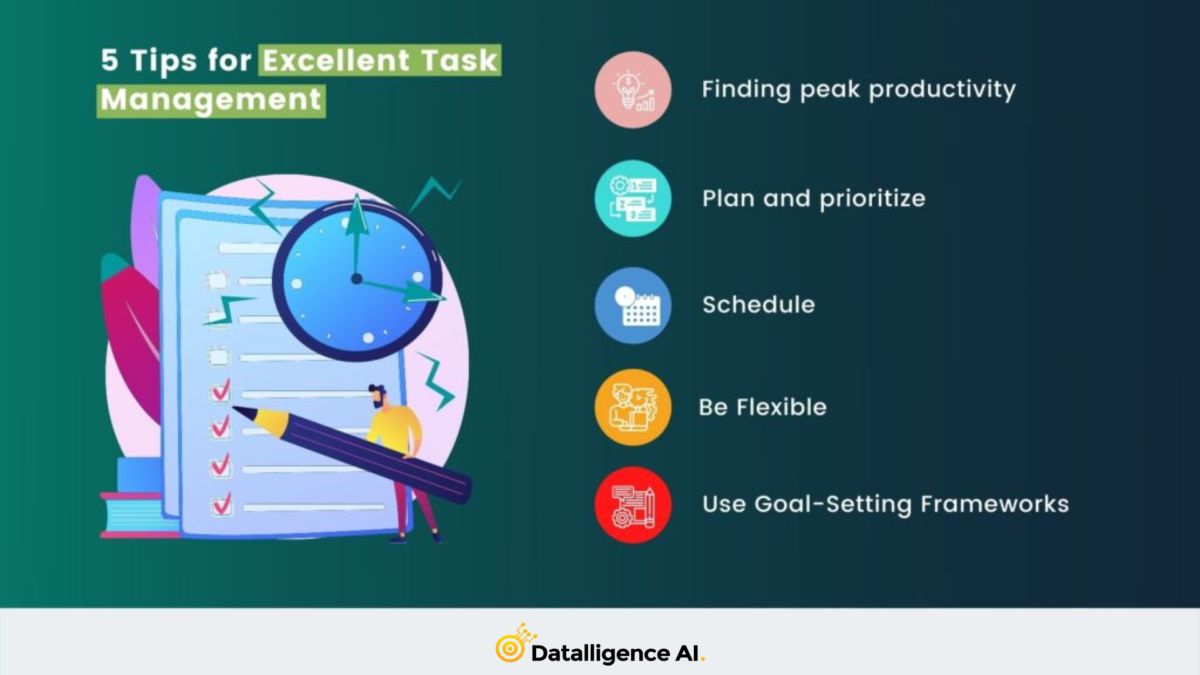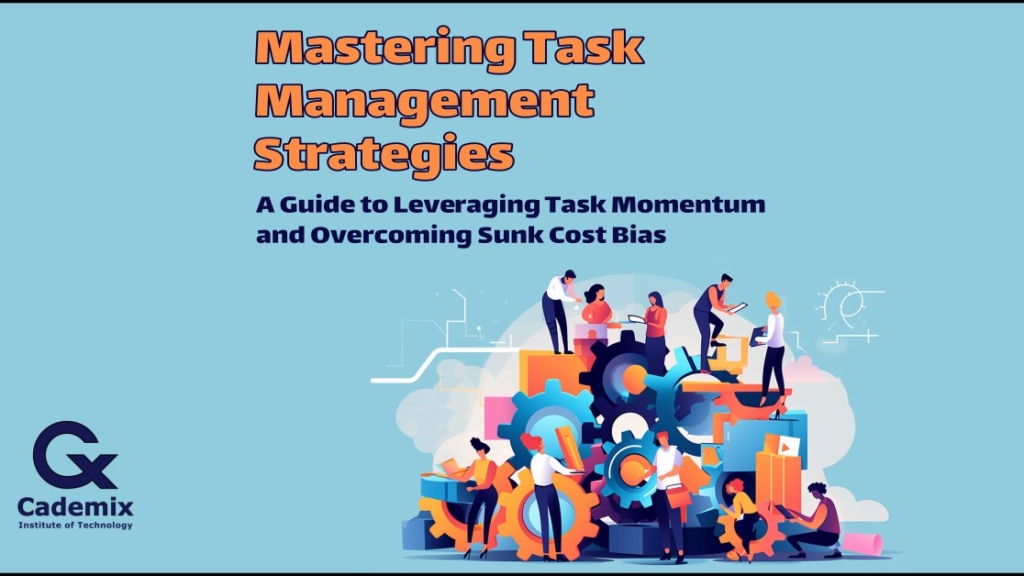Effective Task Management Strategies

In today's fast-paced world, individuals and teams are constantly seeking effective methods to manage their workload and enhance productivity. From students juggling assignments to professionals overseeing complex projects, the ability to prioritize, organize, and execute tasks efficiently is paramount to success.
This article explores various task management strategies that can be implemented to improve focus, reduce stress, and achieve goals. The information presented is based on research from reputable organizations and insights from productivity experts.
Understanding the Fundamentals
Effective task management hinges on a clear understanding of one's priorities and goals. Setting SMART goals – Specific, Measurable, Achievable, Relevant, and Time-bound – provides a solid foundation for planning and execution.
According to a study by the Project Management Institute, organizations that consistently align projects with business strategy are more likely to achieve their intended results.
Prioritization Techniques
With numerous tasks vying for attention, prioritization becomes essential. The Eisenhower Matrix, also known as the Urgent-Important Matrix, categorizes tasks based on their urgency and importance, allowing individuals to focus on high-impact activities first.
This method encourages delegating or eliminating less critical tasks. Another popular technique is the Pareto Principle, or the 80/20 rule, which suggests that 80% of results come from 20% of efforts, prompting individuals to identify and focus on the most impactful tasks.
Time Management Methods
Time is a finite resource, and efficient time management is crucial for productivity. The Pomodoro Technique, involving focused work sessions followed by short breaks, can help maintain concentration and prevent burnout. For example, a person might work for 25 minutes, then take a 5-minute break.
Time blocking, where specific blocks of time are allocated to particular tasks, offers a structured approach to managing one's day.
This method encourages individuals to estimate the time required for each task and proactively schedule them into their calendar.
Utilizing Task Management Tools
Numerous digital tools are available to assist with task management, ranging from simple to-do list apps to comprehensive project management platforms. Tools like Trello, Asana, and Microsoft To Do offer features such as task assignment, deadline tracking, and progress monitoring.
The choice of tool depends on individual needs and preferences, but a common thread is the ability to centralize tasks and improve visibility. Some tools offer collaboration features to share tasks among the team members.
The Human Element
Task management isn't just about strategies and tools; it's also about understanding oneself and fostering a positive work environment. Regular self-reflection on productivity habits can help identify areas for improvement.
Additionally, minimizing distractions, setting realistic expectations, and prioritizing self-care are all crucial for sustainable productivity.
"Effective task management is not about doing more, but about doing the right things,"says Laura Vanderkam, a time management expert and author of several productivity books.
Impact and Implications
The ability to effectively manage tasks has far-reaching implications, both for individuals and organizations. Enhanced productivity leads to increased efficiency, reduced stress, and improved work-life balance.
For businesses, effective task management translates to improved project outcomes, increased profitability, and a more engaged workforce. As the pace of change continues to accelerate, mastering these strategies will be increasingly essential for navigating the complexities of modern life.
By implementing these effective task management strategies, individuals can take control of their workload, achieve their goals, and create a more fulfilling and productive life.
